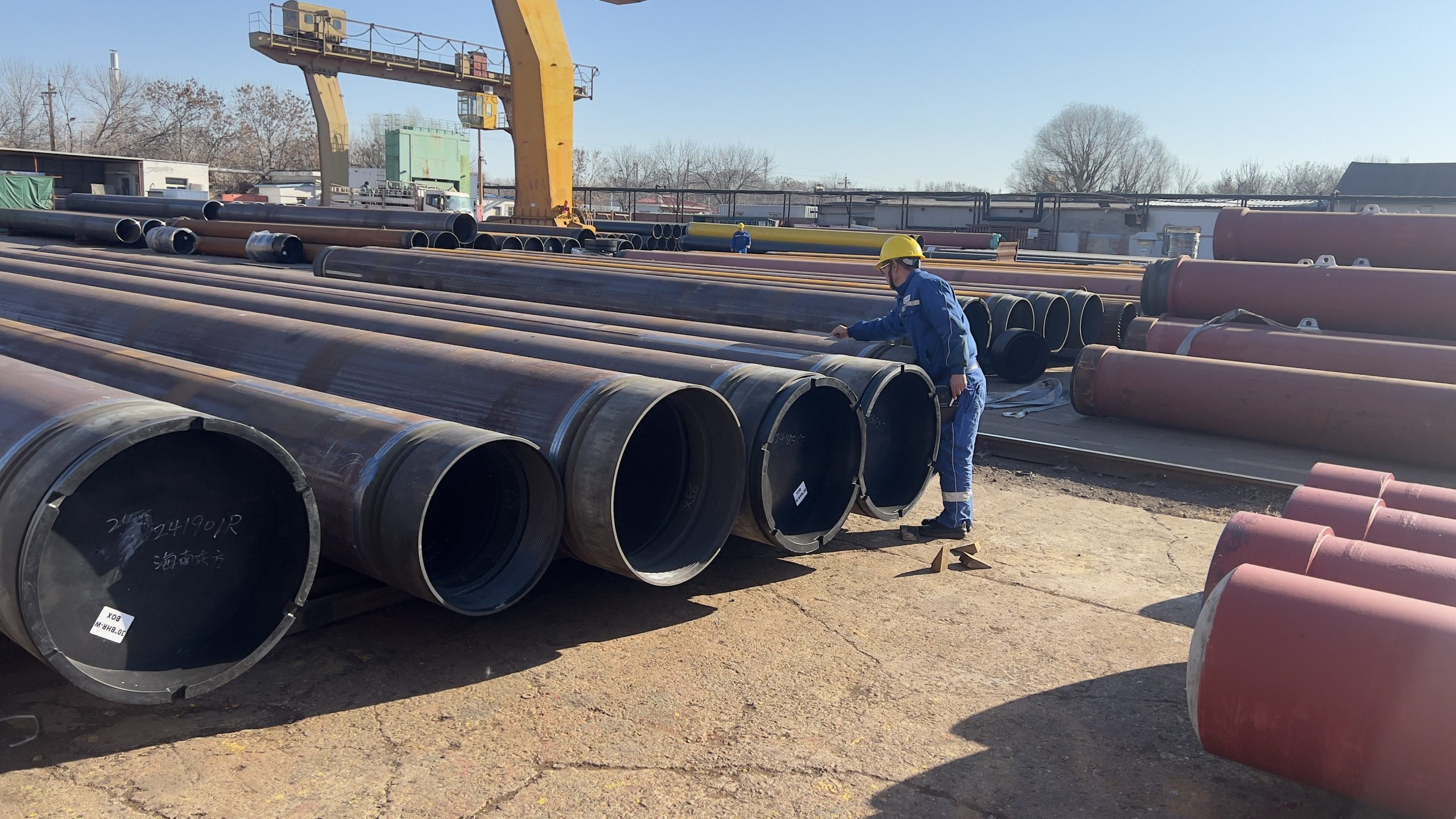General Introduction
API 5CT (Specification for Casing and Tubing) is a widely recognized standard in the oil and gas industry that governs the manufacturing, technical delivery conditions, and quality requirements of steel pipes used as casing and tubing in oil wells. These pipes play crucial roles in ensuring the integrity and efficient operation of oil and gas wells during drilling, production, and throughout their service life.
Types of Pipes
- Casing Pipes:
Casing pipes are large-diameter steel pipes that are installed in the wellbore to provide structural support to the walls of the well, prevent the collapse of the formation, and isolate different geological formations. They also serve as a conduit for cementing operations to further stabilize the well structure. Casing pipes come in various sizes and wall thicknesses to meet different well depth, pressure, and geological conditions. For example, common outer diameters range from a few inches to over 20 inches, depending on the specific application. - Tubing Pipes:
Tubing pipes are smaller in diameter compared to casing and are mainly used for the transportation of oil and gas from the reservoir to the surface. They are inserted inside the casing and are designed to withstand the internal pressures generated by the flowing fluids as well as the mechanical forces during production operations. Tubing diameters typically vary from around 2 inches to 4.5 inches, but can also be customized based on specific well requirements.
